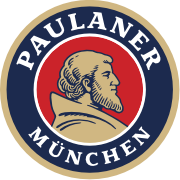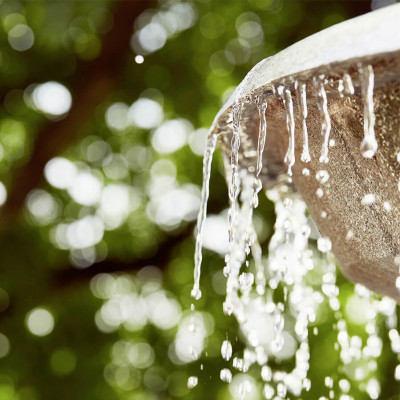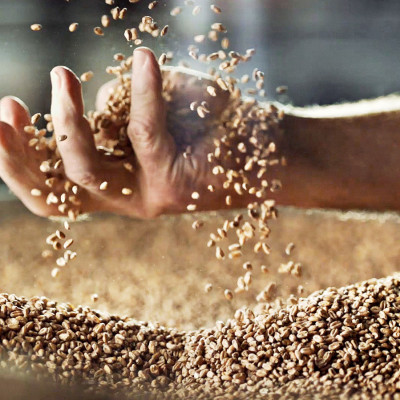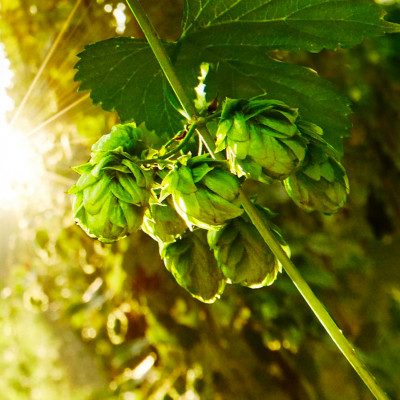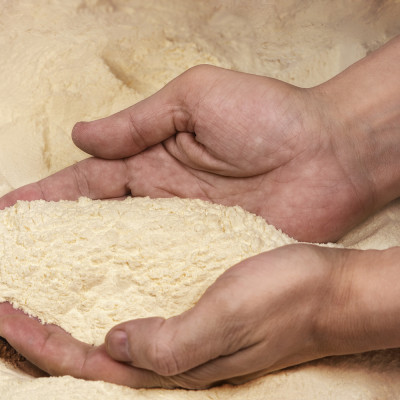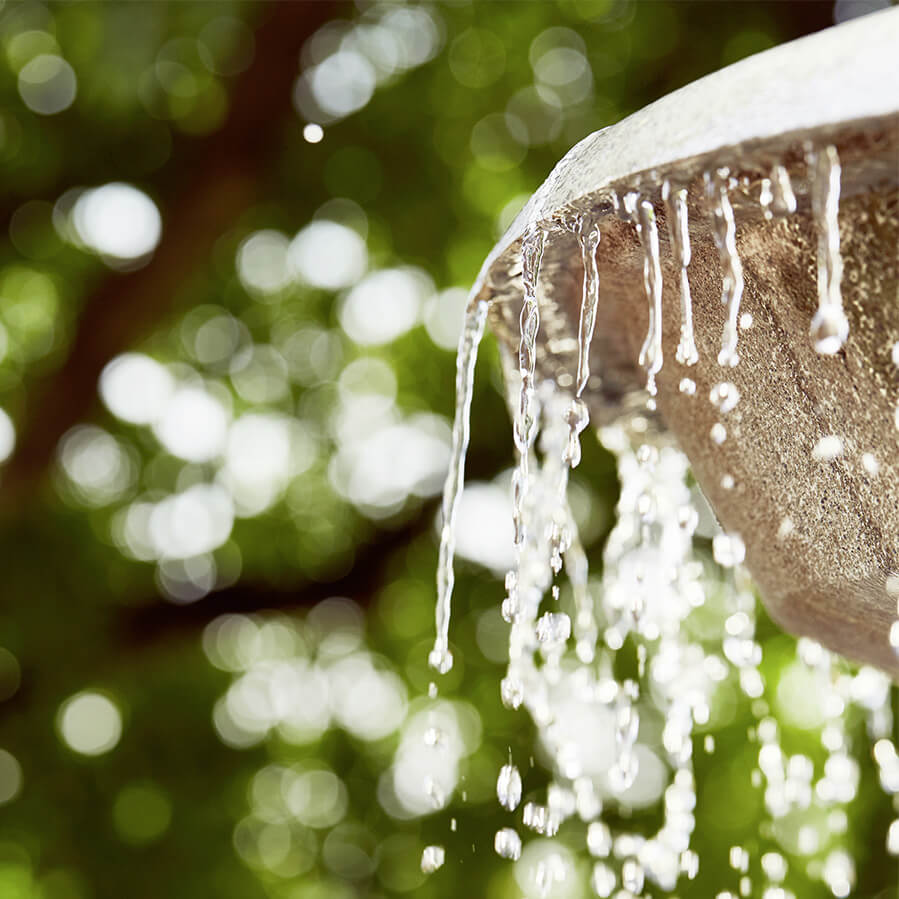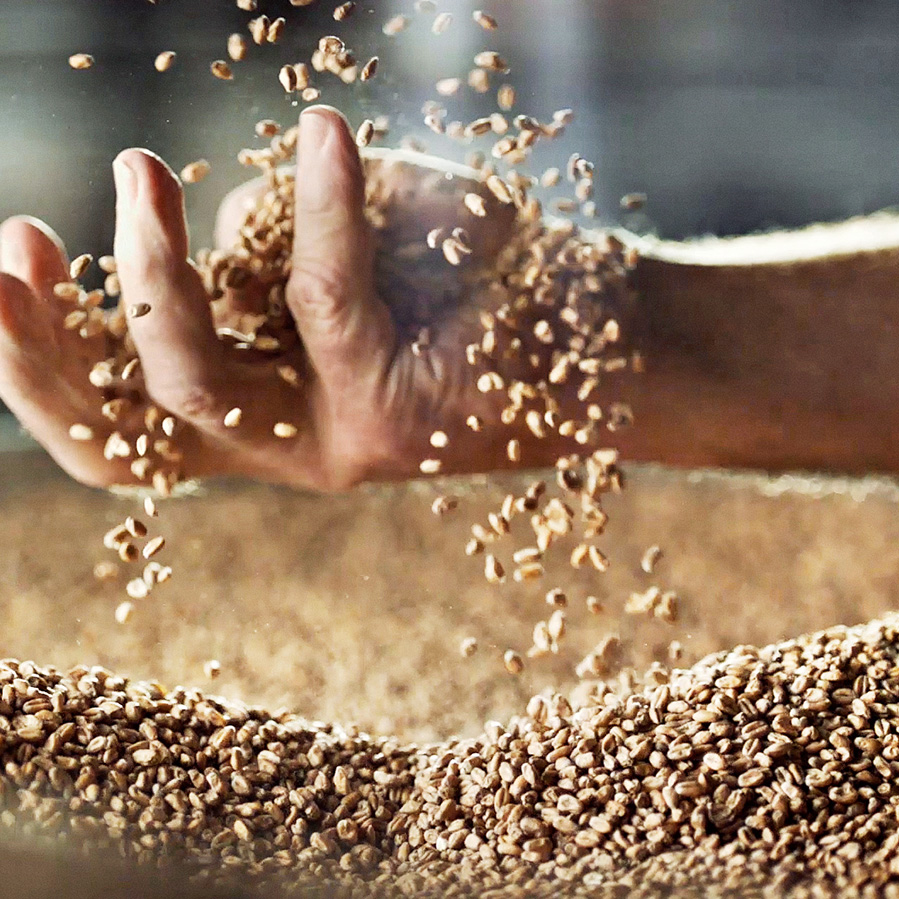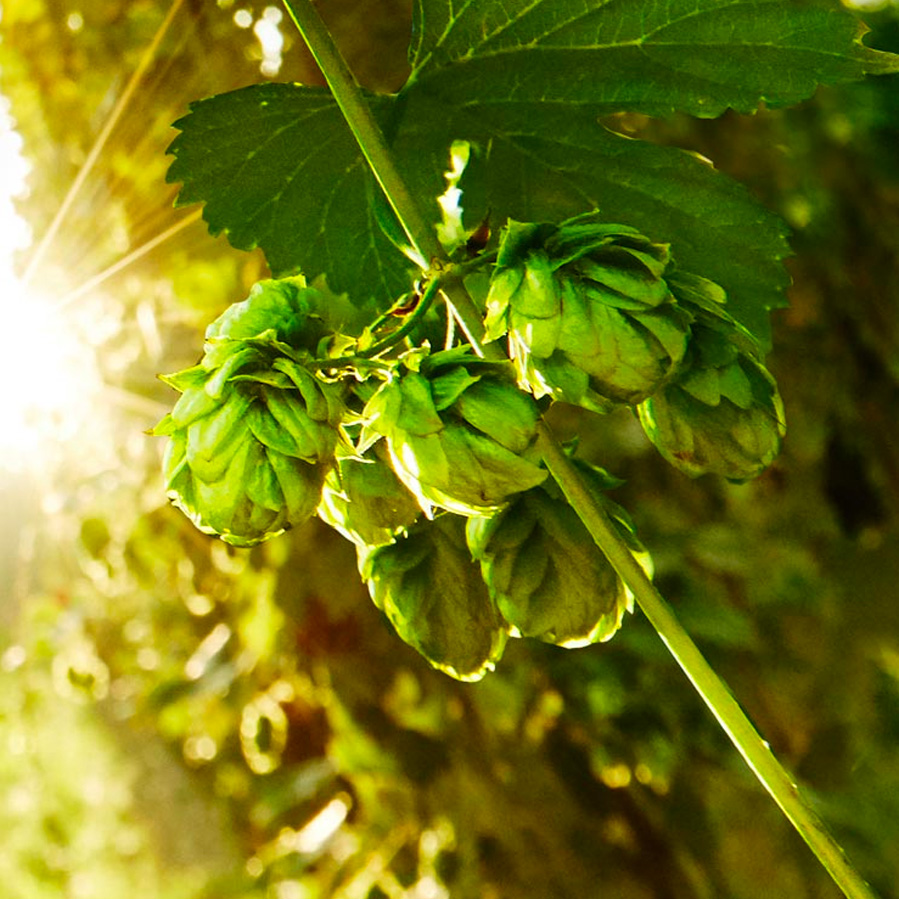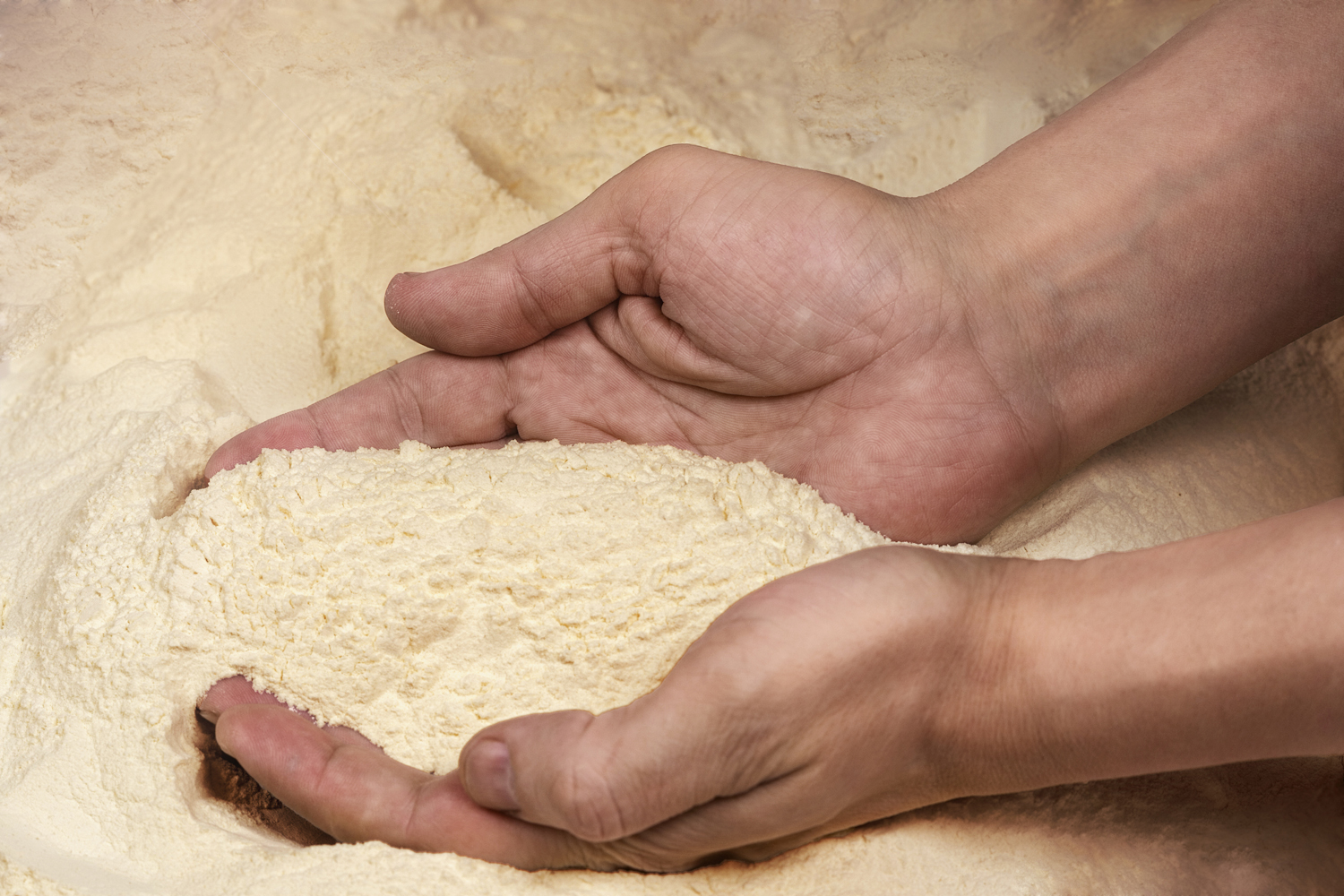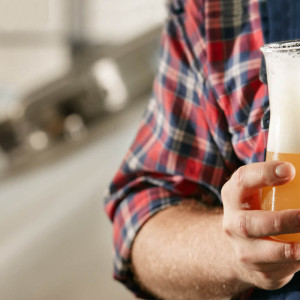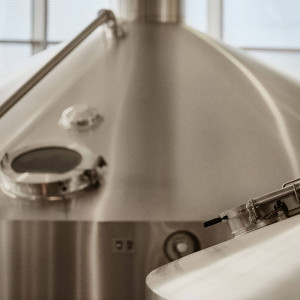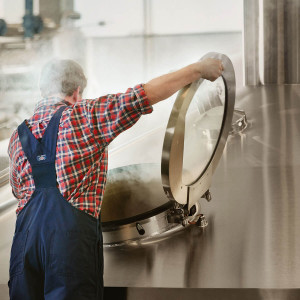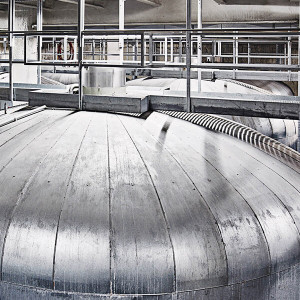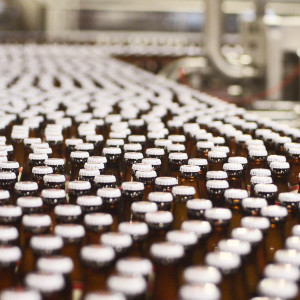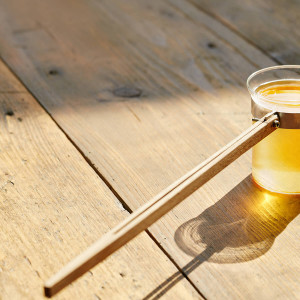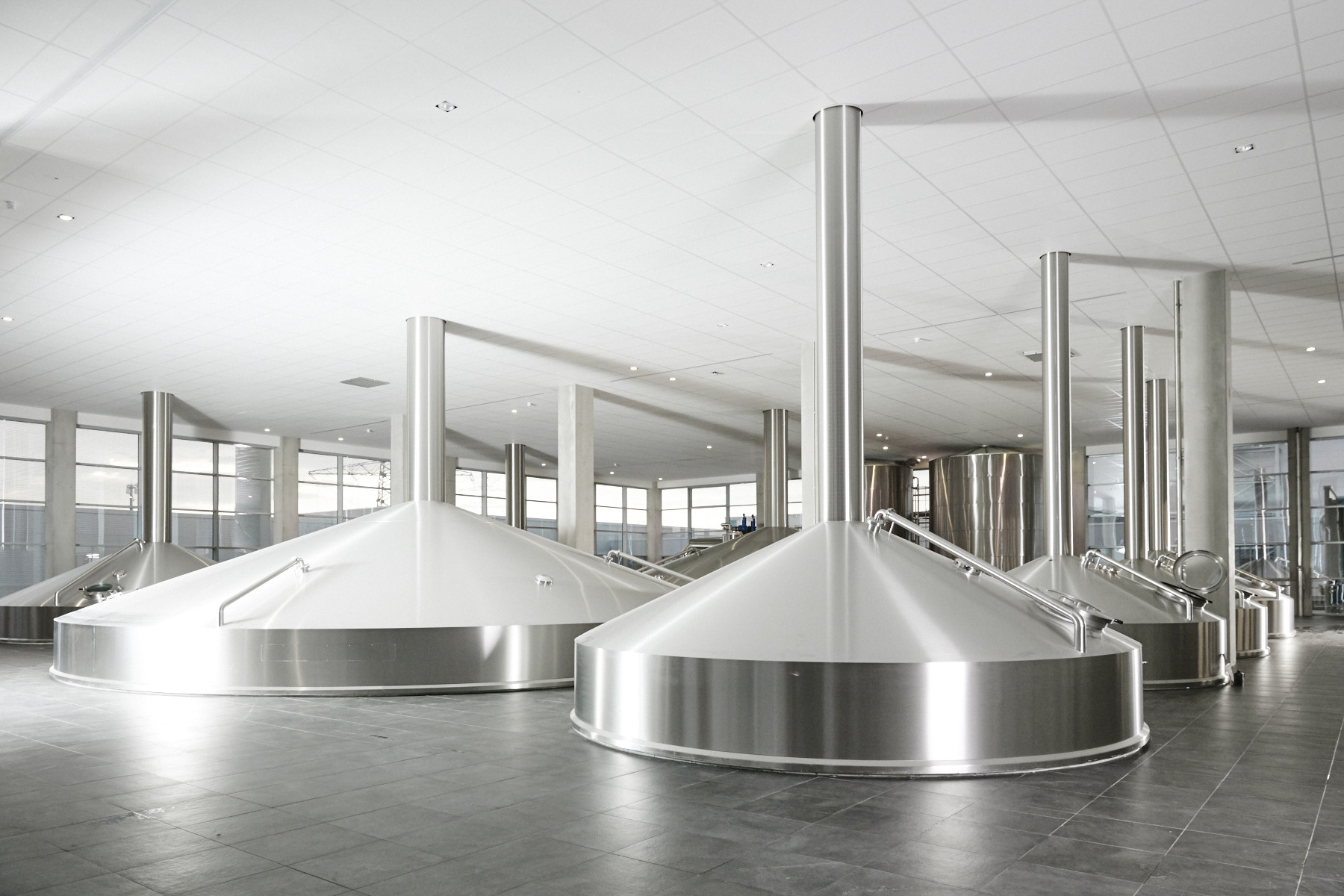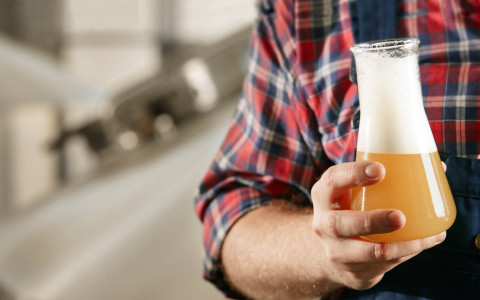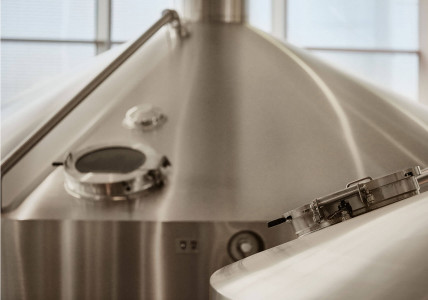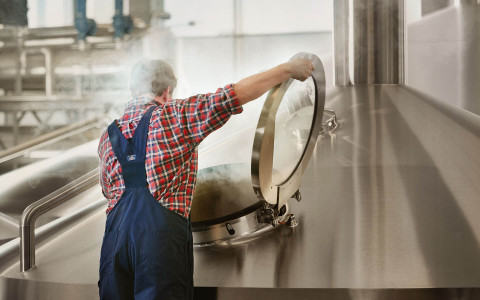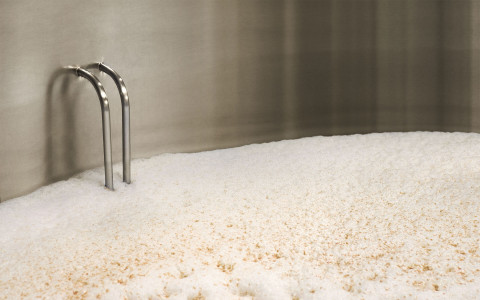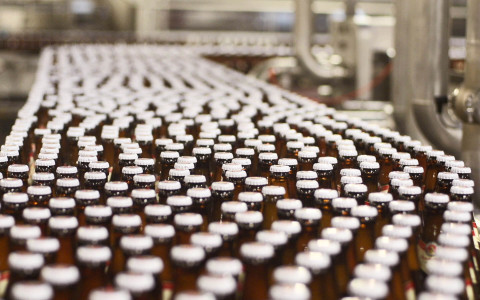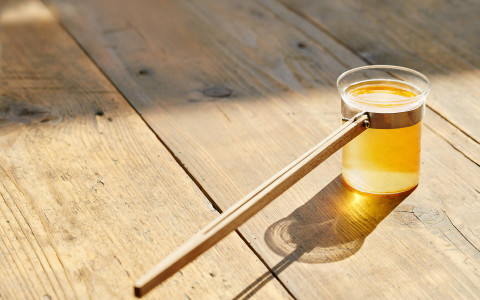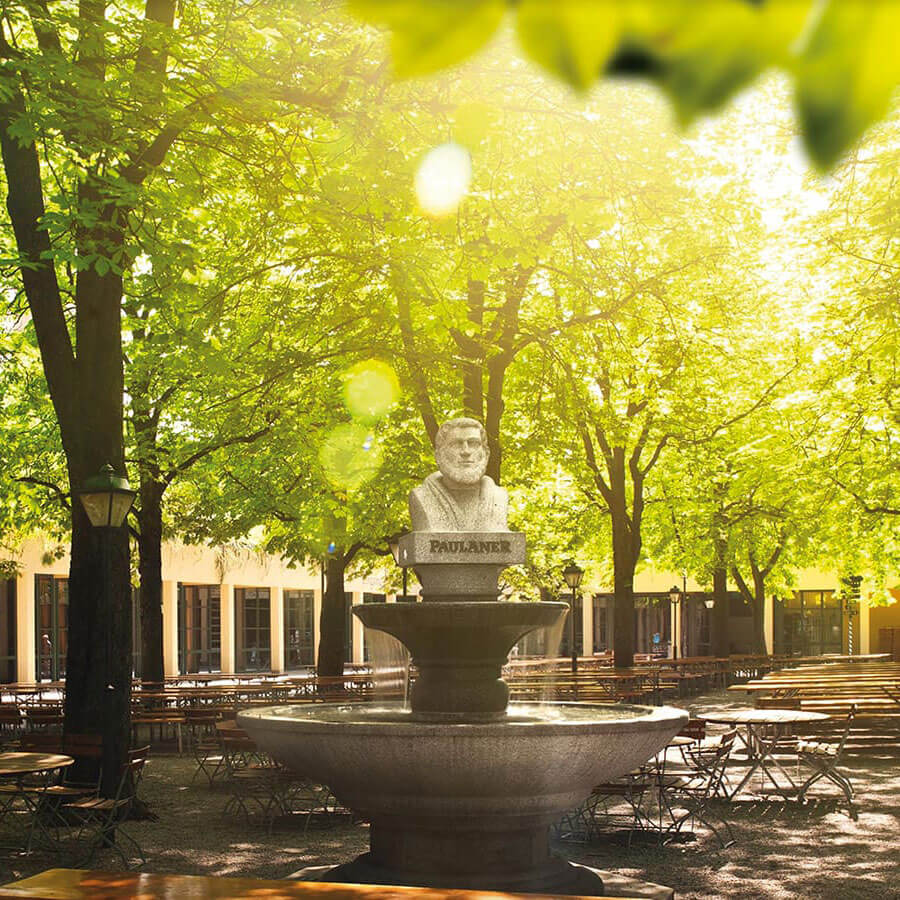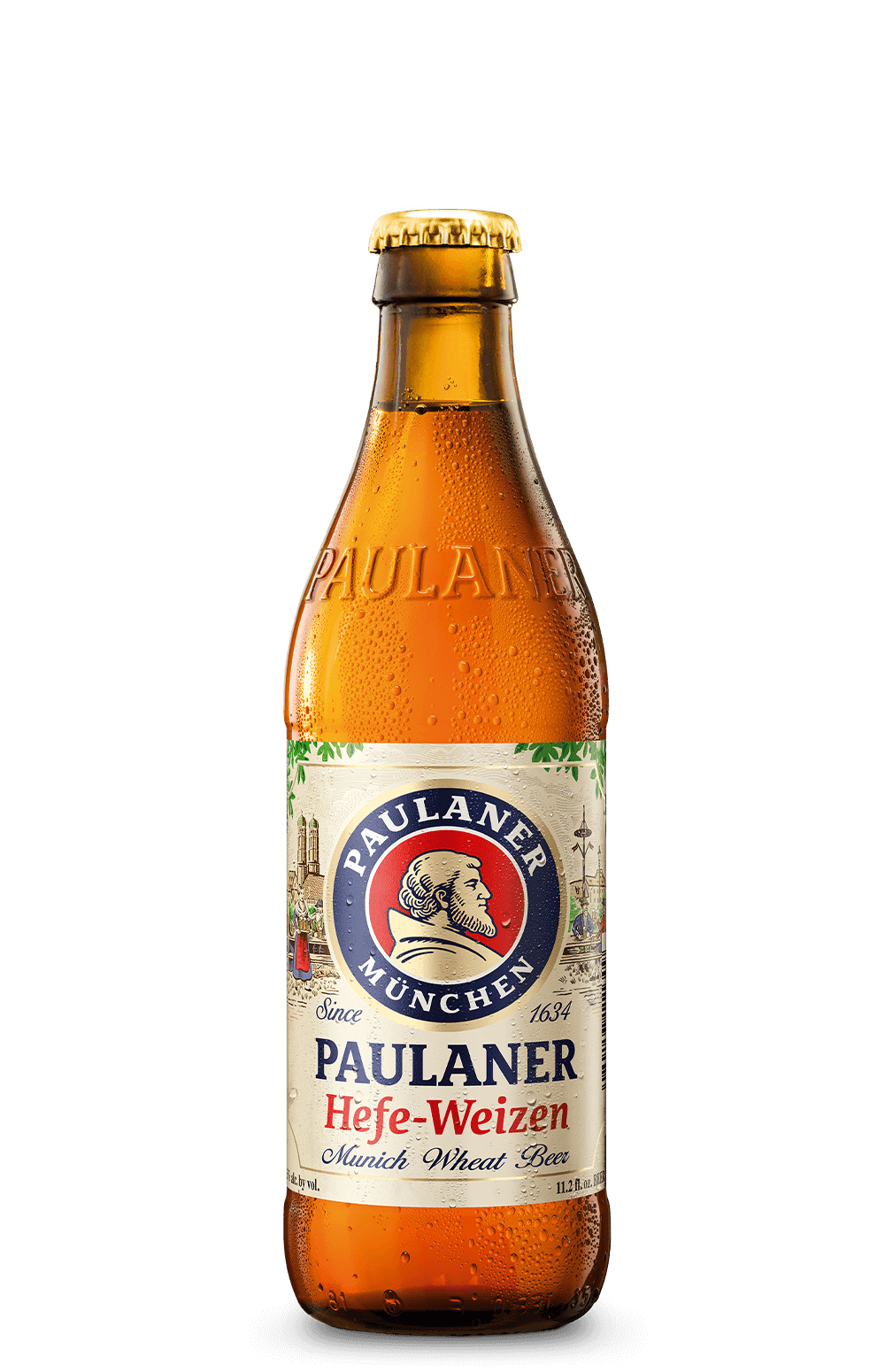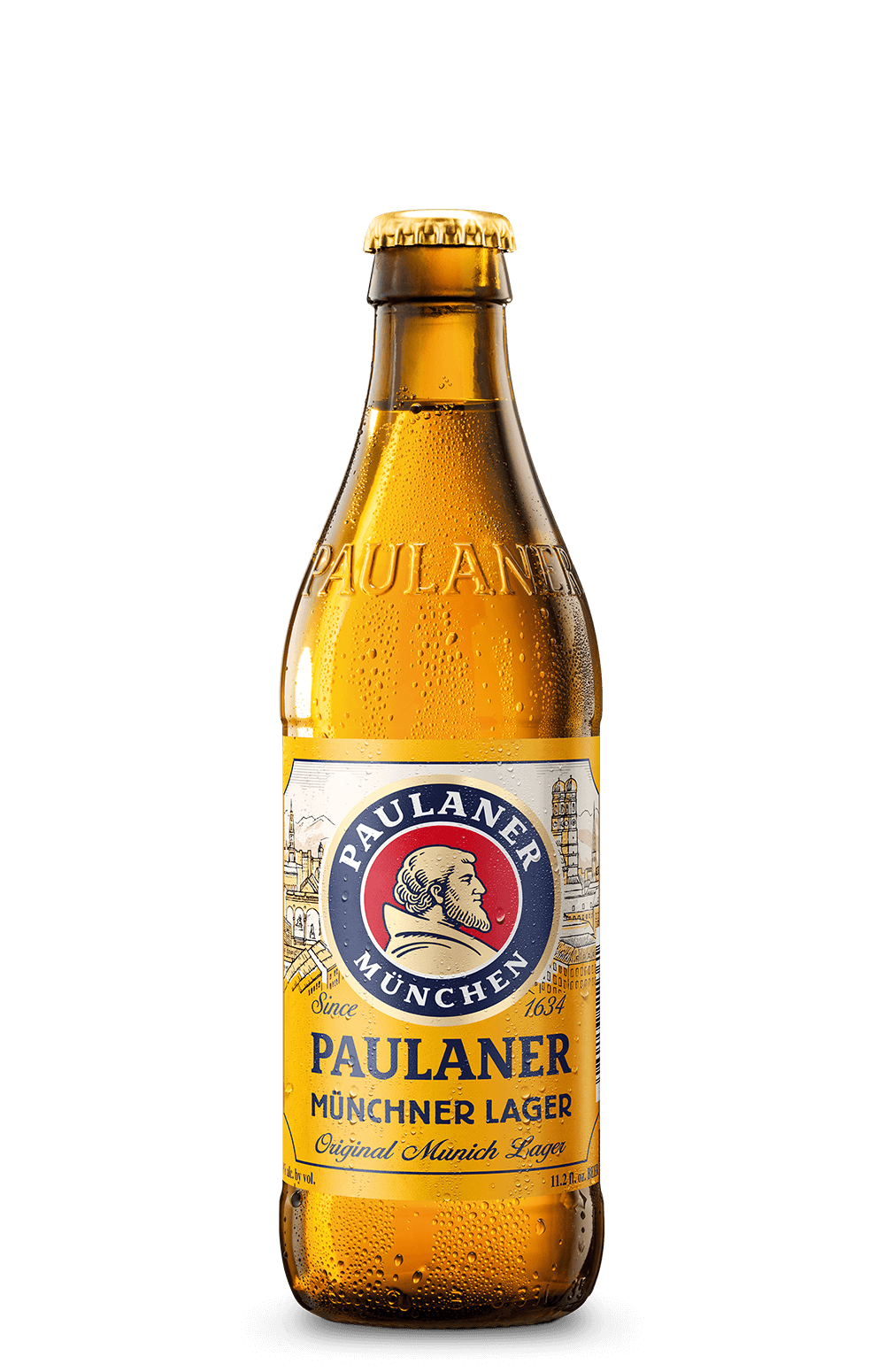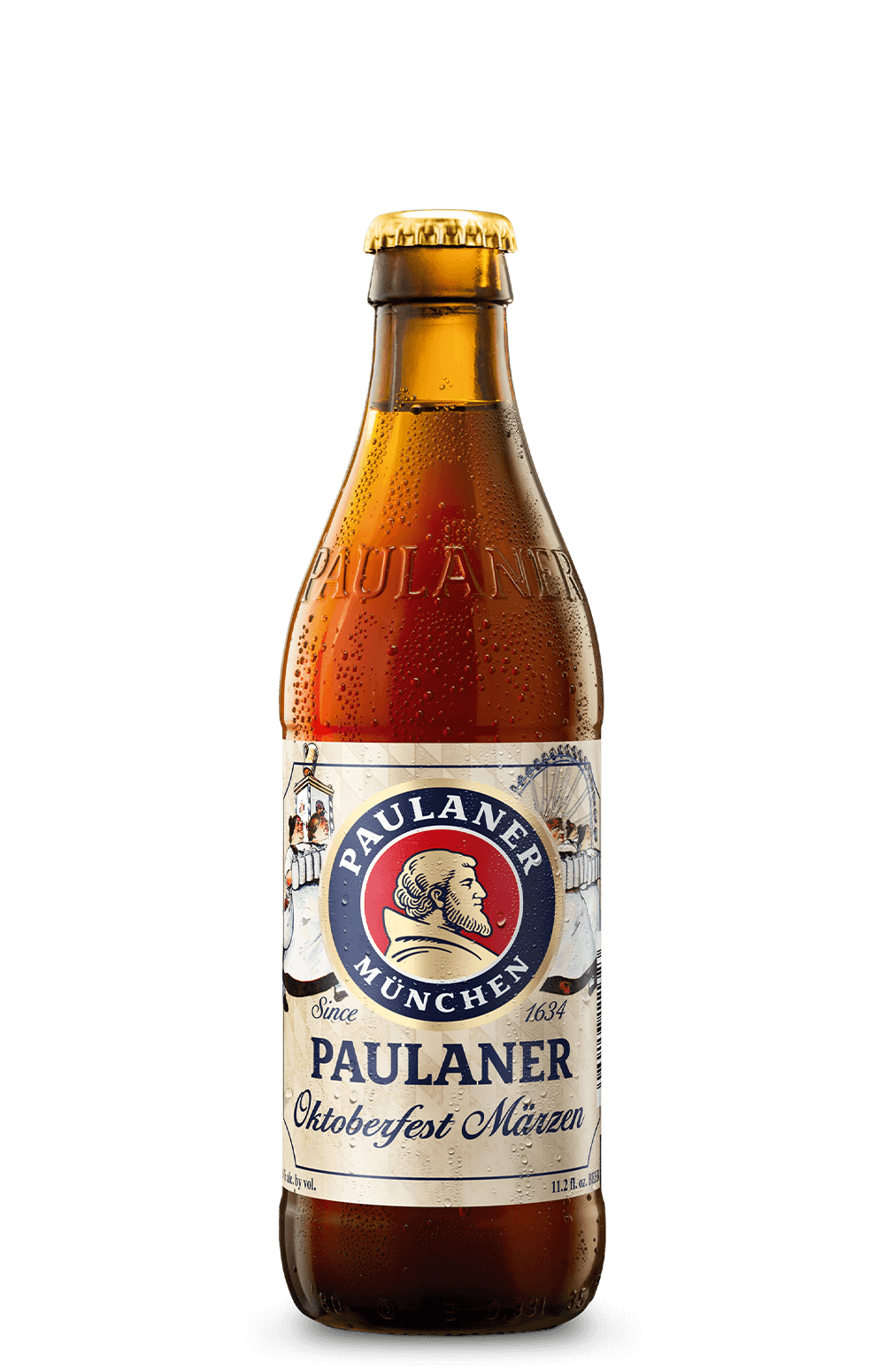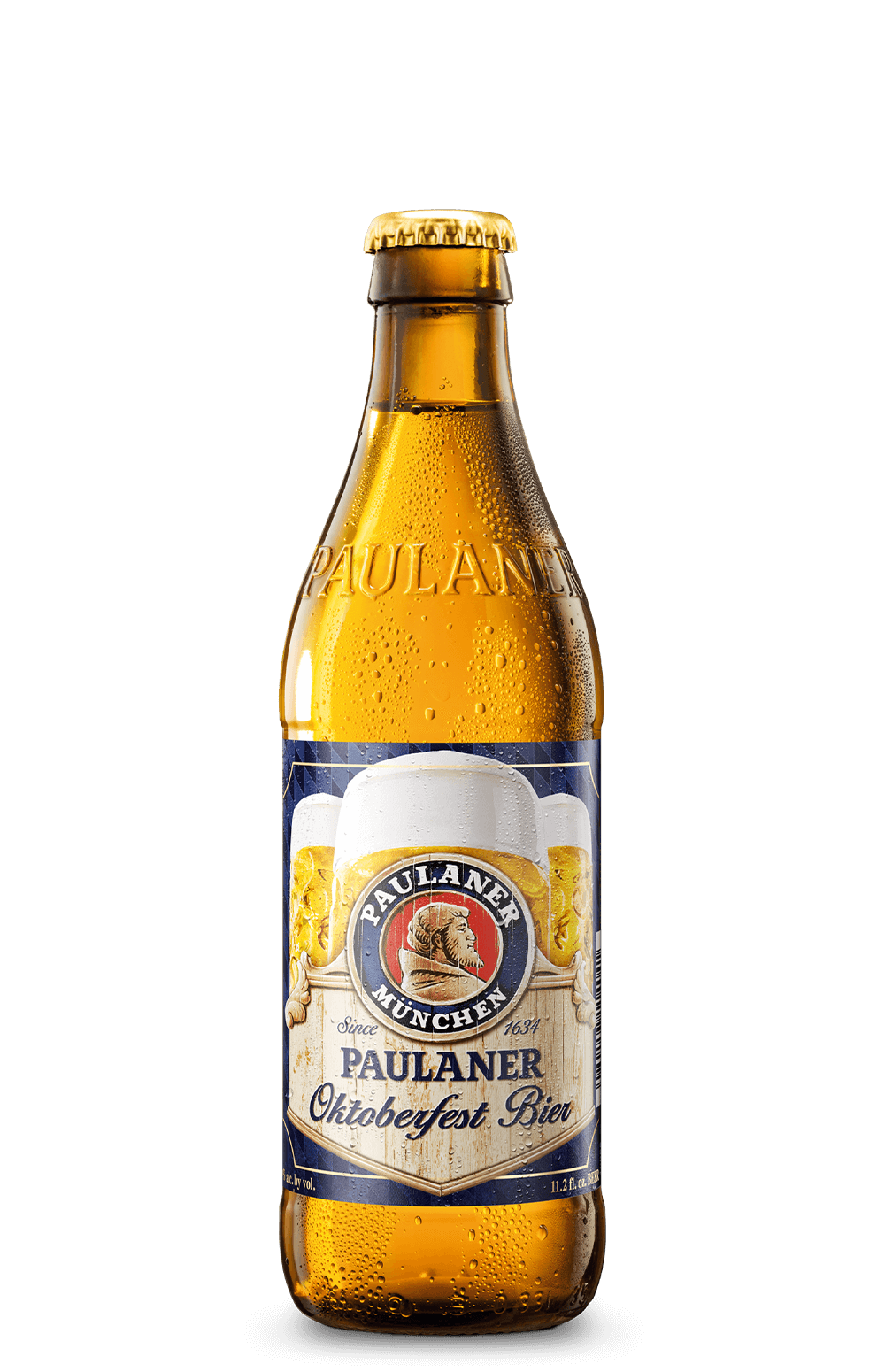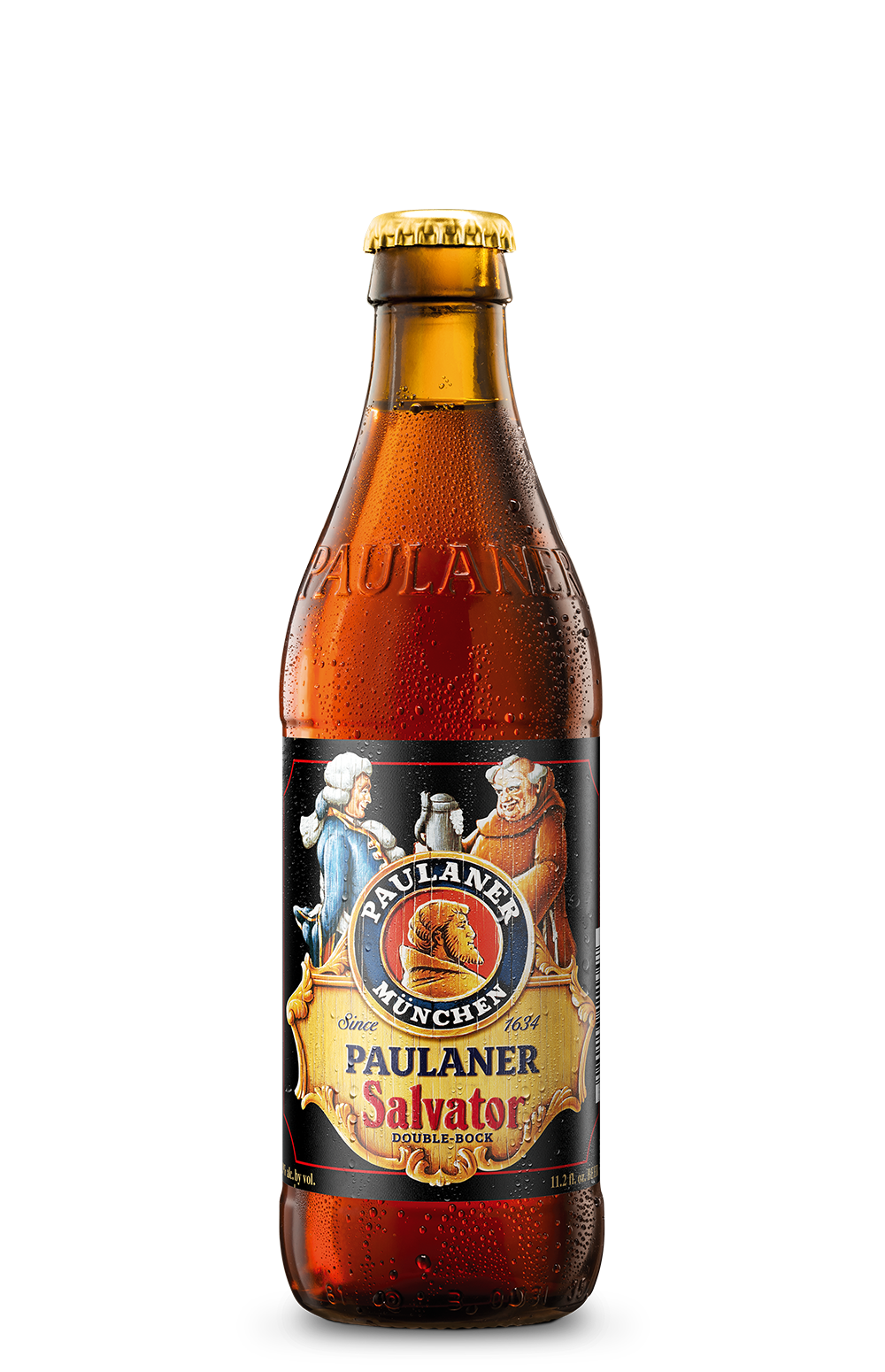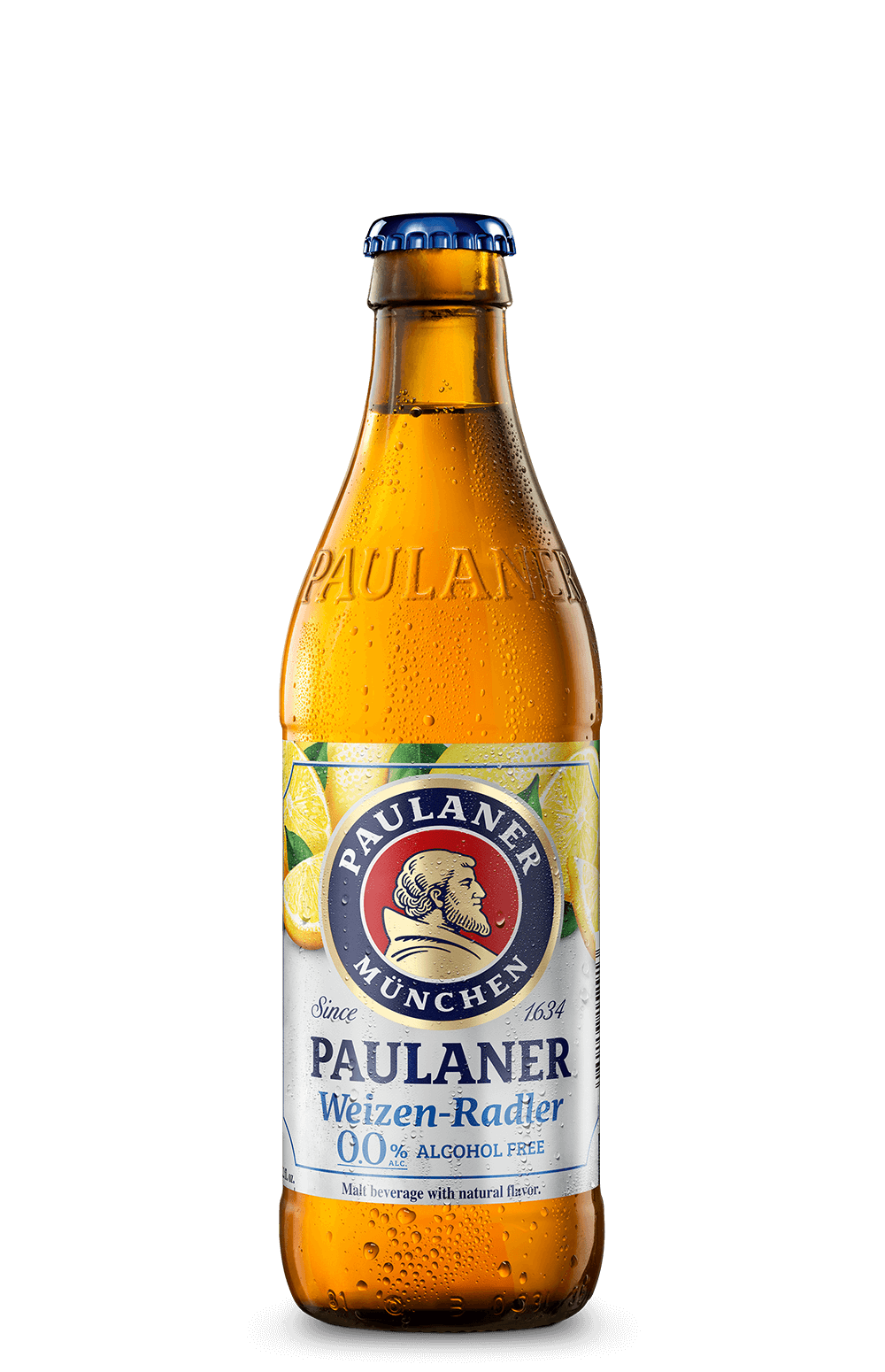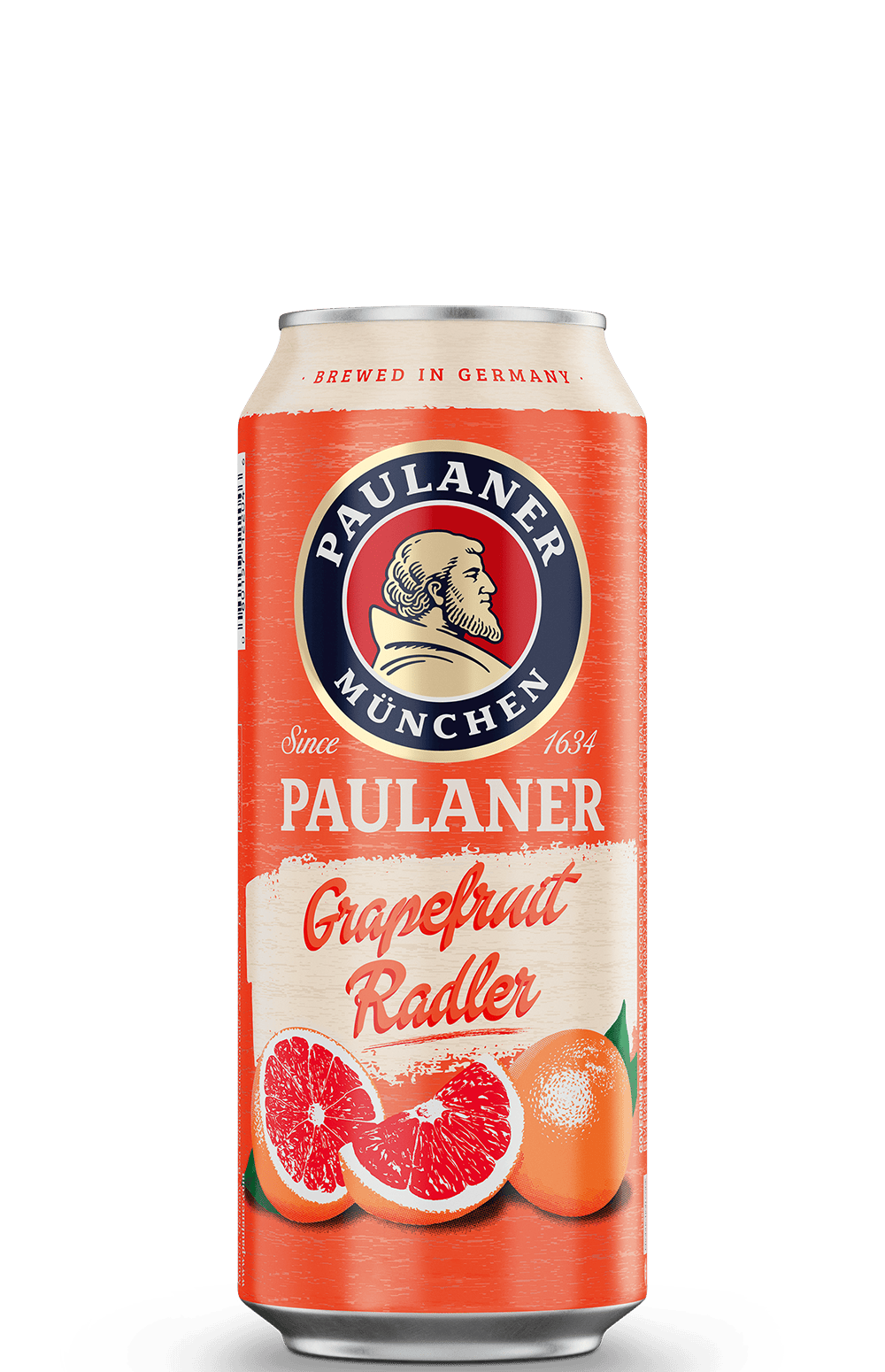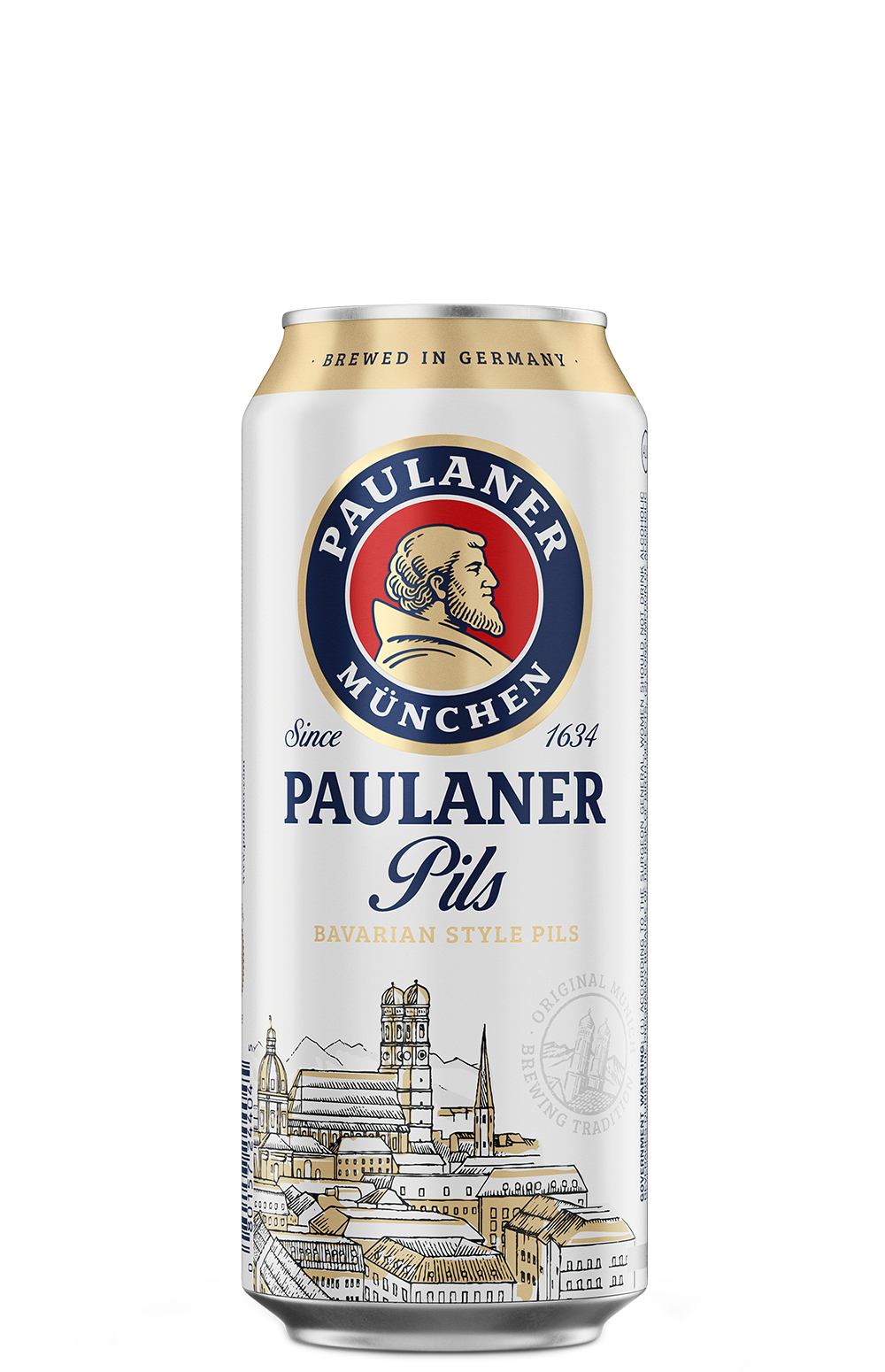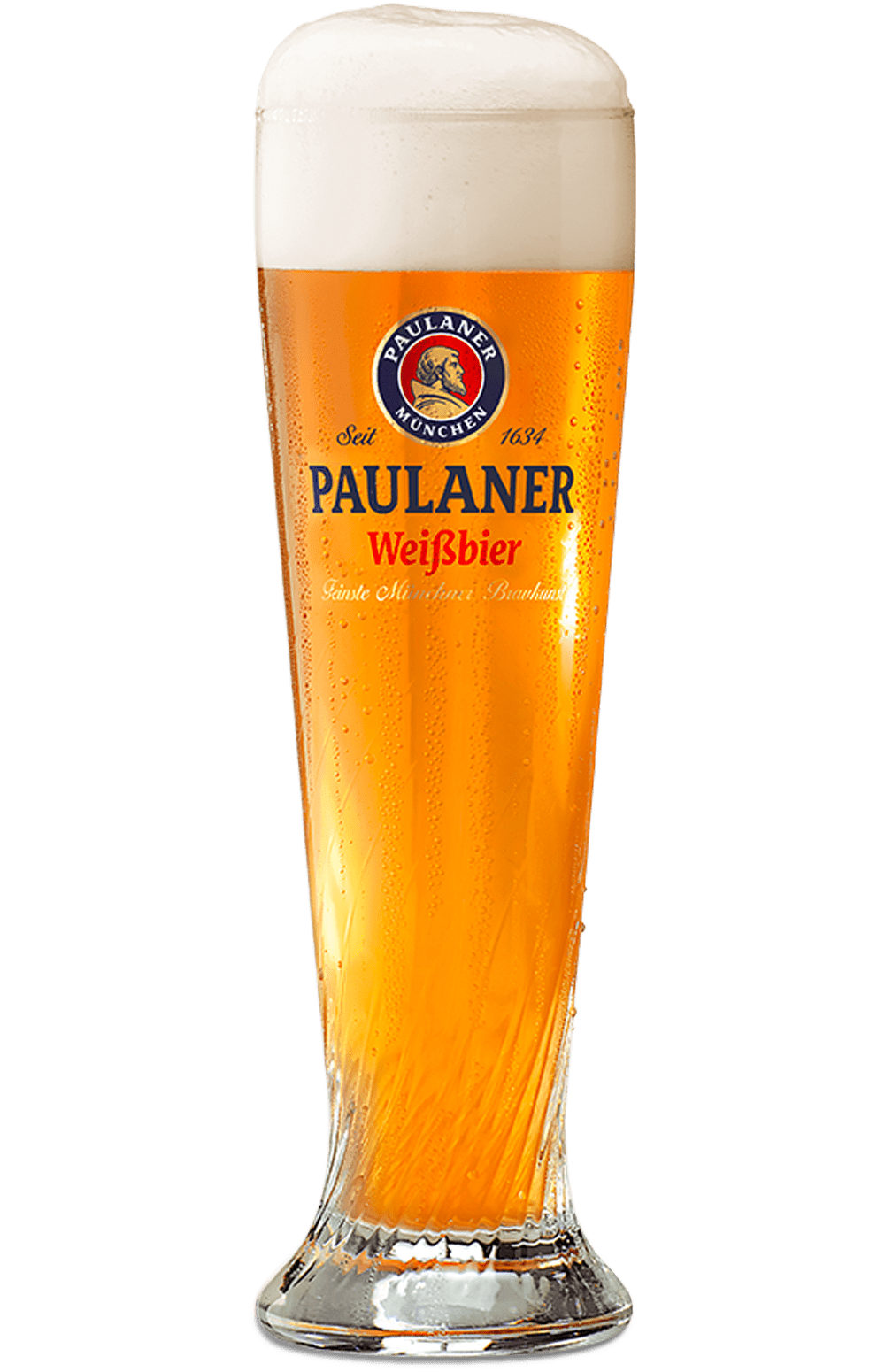Cookie settings
We use so-called cookies in connection with our Internet presence in order to optimally design and continuously improve it for you. We use technically necessary cookies, but also cookies for statistical purposes or to display personalized content. By clicking on the selection options, you may decide individually whether to allow certain cookies. Please find further information in our privacy statement. This is where you may modify your decision at any time and you will find further information on this topic.
When activating marketing, statistics also need to be active.
Required
These cookies help us to enable the operation of the website. They ensure basic functions and therefore cannot be deactivated.
Statistics
With the help of these cookies, we collect anonymous data for statistics and analyses in order to improve and optimise our offer and our Internet presence. We collect information about the user behaviour on our website, such as the number of visits and the average time spent on the site or the pages called up.
Marketing
These cookies are used to present you advertising inside and outside our websites that is tailored to your interests.
